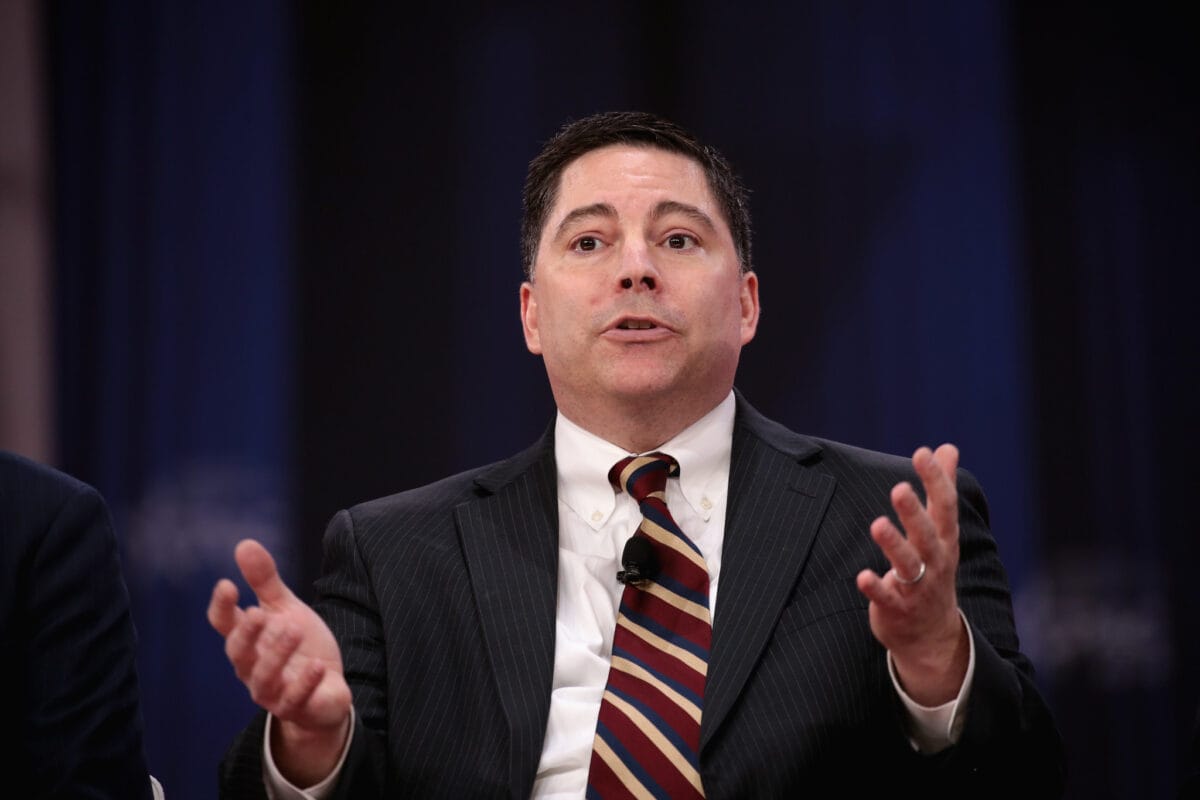Infrastructure Stimulus Bill Predictions, Call For Broadcast Reform, Big Tech Hearing Reactions
Panelists speaking on a Thursday Brookings Institution webinar expressed mixed views on the likelihood of Congress passing a federal infrastructure stimulus by the summer of 2021. Tracy Ross, director of federal policy at PolicyLink, said she was confident that Congress would pass such a bill by nex
Jericho Casper

Panelists speaking on a Thursday Brookings Institution webinar expressed mixed views on the likelihood of Congress passing a federal infrastructure stimulus by the summer of 2021.
Tracy Ross, director of federal policy at PolicyLink, said she was confident that Congress would pass such a bill by next summer.
“There’s enough people pushing this movement towards important and critical legislation,” Ross said, emphasizing that people were being very clear about their demands.
“I’m saying we can do it,” she added.
Michael Pagano, dean of the College of Urban Planning and Public Affairs at the University of Illinois at Chicago, said that the passage of an infrastructure bill depended on what happened in the coming weeks.
If the House Democrats’ HEROES Act or the GOP’s HEALS Act were to get passedl, Pagano said that he did not believe America would see any additional infrastructure bills in the near future.
Rebecca Higgins, senior policy advisor to the U.S. Senate Committee on Environment and Public Works, expressed a similarly pessimistic view, pointing out that “there are a lot of easy things that can’t get through the Senate right now.”
“The money is there — we need to pull together rather than splitting ourselves apart,” Higgins said. “We’re making decisions about our priorities as a nation.”
Panelists said legislators should consider issues surrounding climate change and water and broadband accessibility in upcoming infrastructure bills.
Pagano urged legislators to work slowly in deciding which entities deserve funding, but noted that “there are lots of projects we can invest in today.”
Federal Communications Commissioner Mike O’Rielly calls for broadcast reform
In a conversation sponsored by the Media Institute’s monthly Communications Forum on Thursday, Federal Communications Commissioner Mike O’Rielly indicated that cable and broadcast reform are still top objectives, Multichannel reported.
In regard to broadcasting, O’Rielly said the current rules were outdated and failed to account for certain mergers “that are in the public interest and would provide increased local and live programming.”
“Over-regulation of broadcasting needs to be shredded,” he argued.
O’Rielly further observed that cable rules are “completely contrary to promoting network efficiencies and economies of scale, both of which are features that high-tech companies possess and use to compete head-to-head with legacy providers.”
O’Rielly denounced the existing lack of ownership diversity in broadcast media, saying, “make no mistake — the dearth of African American ownership of local broadcast properties is beyond embarrassing, resting in the low single digits.”
Reactions to the big tech House Judiciary Subcommittee hearing
The CEOs of Amazon, Apple, Facebook and Google appeared via video chat to be interrogated about anti-competitive business practices by the House Judiciary Antitrust Subcommittee on Wednesday.
“We need to make this a regular practice — they need to be held accountable to the American people,” said Jessica González, CEO of Free Press, in a Knight Foundation event Thursday. “There are a lot of questions that remain unasked.”
Some tech experts complained that members of Congress missed an opportunity to adequately grill Google and Facebook on their massive consumer data reserves.
“All of them indicated that they use their massive data advantages to peek into what their competitors or people who rely on their platforms are doing,” Public Knowledge Adviser Gene Kimmelman told the New York Times.
While data privacy concerns came up a bit in the hearing, González said that she wished they had been focused on to a great extent.
Many viewers criticized members of Congress for failing to counter the CEOs’ rhetoric on how huge conglomerate corporations “benefit” consumers.
“There are so many great ideas yet to be fully explored by this committee,” González said.
While yesterday reinforced that there is hunger for accountability, many are arguing that Congress needs to do more, including Facebook CEO Mark Zuckerberg.
At the hearing, Zuckerberg called again for new legislative frameworks governing the internet that would include the input of all stakeholders in their creation.
“This is a multi-layered problem that requires a multi-layered solution,” González said.









Member discussion